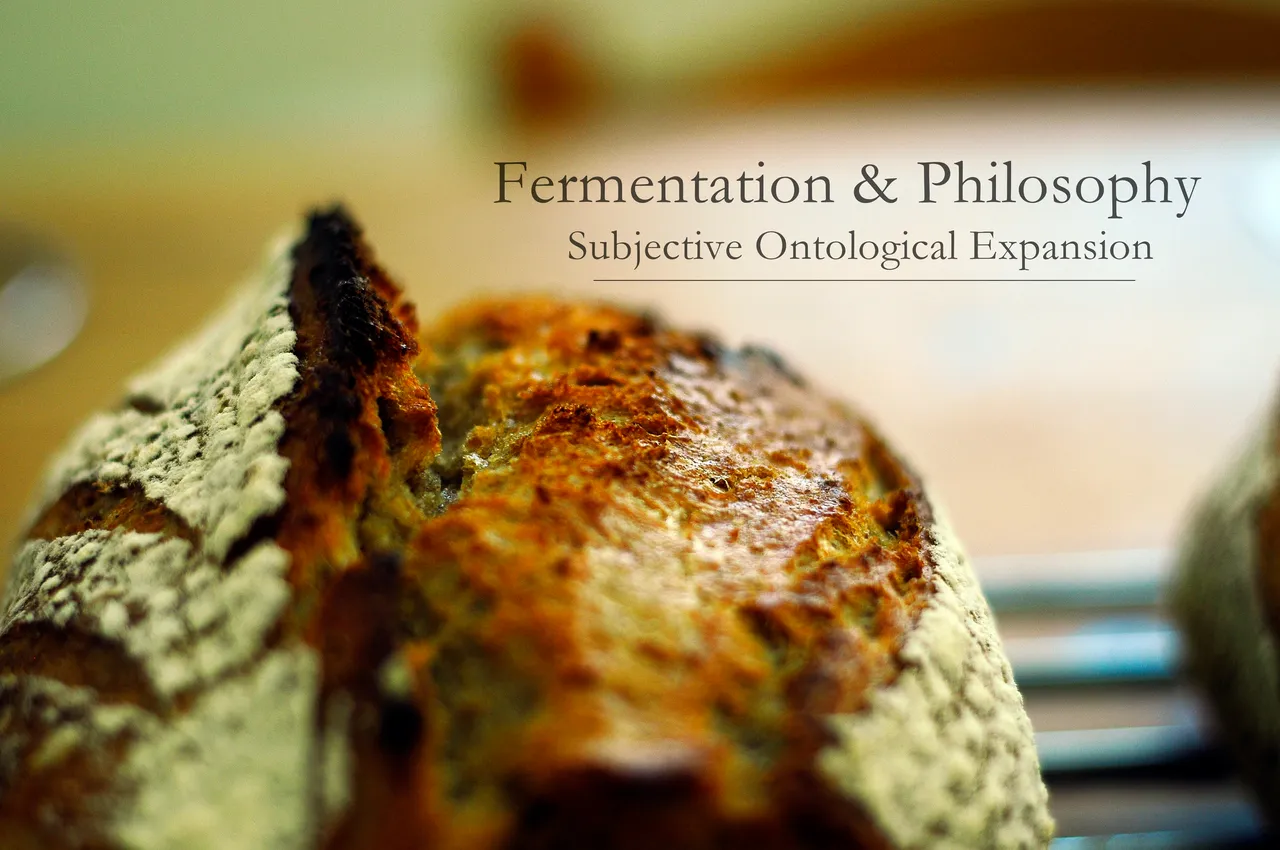
Introduction
Imagine a table with various things on it (it doesn’t matter what things you think about). How many things are there on this table? Can you count them? Can you imagine that there are more or less things on this table? If you can, how do you divide the things into categories? What counts as one thing and where are the borders? Is the collection of the things on the table also part of the things?
These types of questions relate to ontology, that is, the study of being. This can be daunting to understand, and there are various subdivisions in ontology (which is ironic) but the gist of the matter is that ontology studies how we might metaphorically speak “divide” the world. To go back to our example of the things on the table, depending on your ontological theory, there will be a varying number of things on the table. Say, for instance, there is a book amongst the things on the table. Does the book count as one thing or does each page number count as x amount of things. To break it even down further, does the substance the book consist out of count as things? That is, the book in its entirety can count as one thing, as many things, or as nothing (if you think that substance is an illusion). In any case, the basic idea behind ontology then is that it in some way categorizes things on the table so that we can count them. (This is obviously an oversimplification.)
I want to introduce a new concept or idea: Subjective Ontological Expansion. It is an idea that I have been toying around with for a while. As far as I know, there hasn't been much work done on this, or specifically, under this name. Most ontology focuses on a more objective view akin to science, but here I want to introduce a much more subjective orientated view. In the following essay, I want to, firstly, introduce the idea of Subjective Ontological Expansion, and secondly, I want to give some concrete examples. And lastly, I want to briefly go into what the implications of this new concept might have on our understanding of ourselves. I will use my familiar example of fermentation as explanation and intersperse the essay with photographs of my breads.
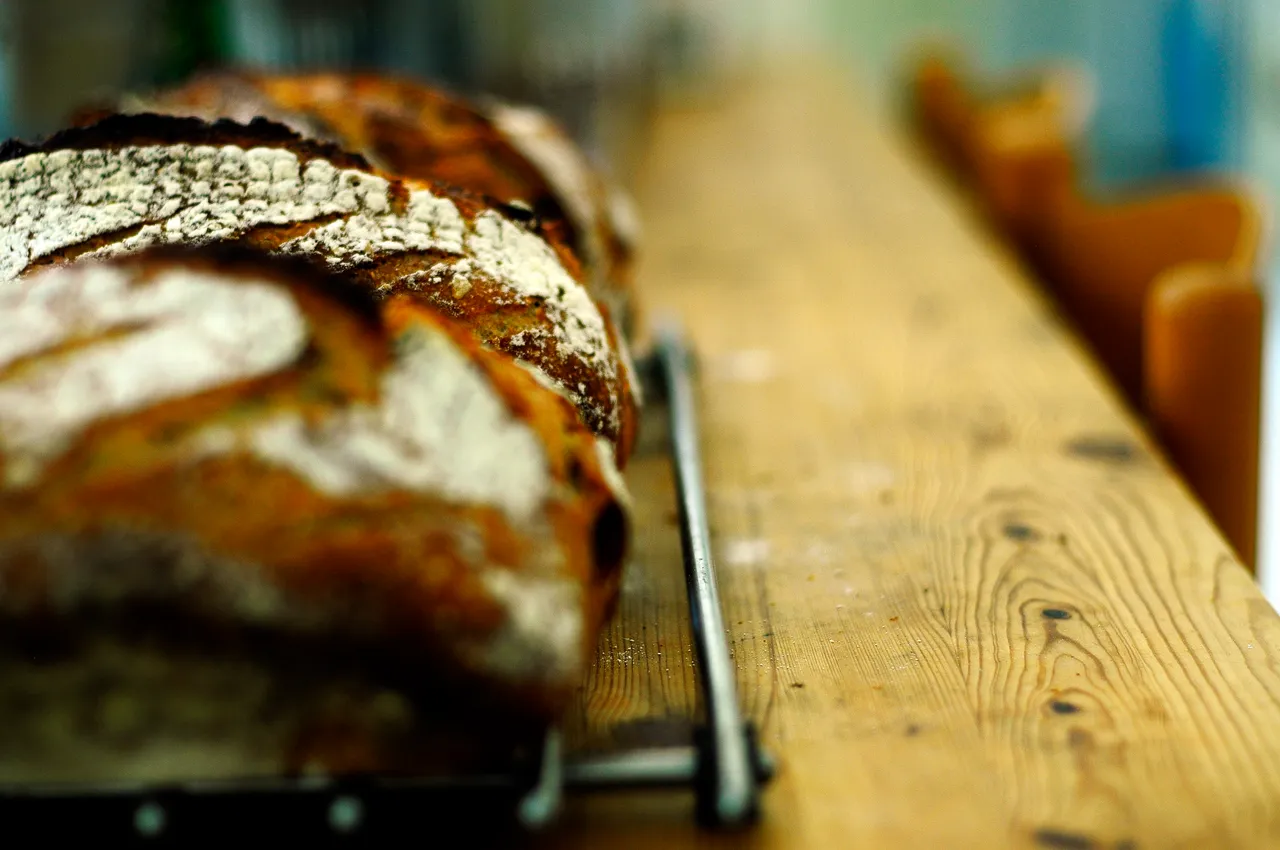
Subjective Ontological Expansion: Three Concepts
Subjective Ontological Expansion consists out of three ideas. Subjective, that is, pertaining to the individual, Ontological, that is, pertaining to what there is, and, Expansion, that is, the act of broadening or opening. I briefly explain each element.
Subjective can be contrasted against objective. The latter can be seen as simply meaning “that which is not influenced by humans”. It can also be seen as “a god-like perspective”, beyond time and space and so on. In other words, being objective simply means that we discard, for example, our emotional attachment and feelings. Subjective, on the other hand, is immersed in human emotions, attachments, time, space, socio-economic and political factors, and so on. Subjective, thus, pertains to the subject, to the individual immersed in life, so to speak. The difference is quite large. But I want to focus on the subjective experiences and ways of understanding life. So, for this essay, the idea behind Subjective is basically the immersed subject and all their human faculties.
Ontology, as noted, is the study of being. Simply put, it is the study of what there “is”. Metaphysics and epistemology are two related fields of study that can be used to further explain ontology. If ontology studies being, metaphysics is the study of what that being is, or rather it is the study of what matter or substance is. Epistemology is then the study of how we know these things, or the study of knowledge and our justifications for knowing. Ontological, for the purposes of this essay, is simply what there is for the person experiencing the world. That is, it looks at how the world is categorized for that subject and subsequently what this subject views as his/her world.
Expansion is a rather self-explanatory idea. Expansion, for the purpose of this essay, simply refers to the act of broadening, opening or expanding. Again, this relates to the subject and the subjective act and not some objective or detached act. That is, it is metaphorically speaking the shining of a light on previously dark objects.
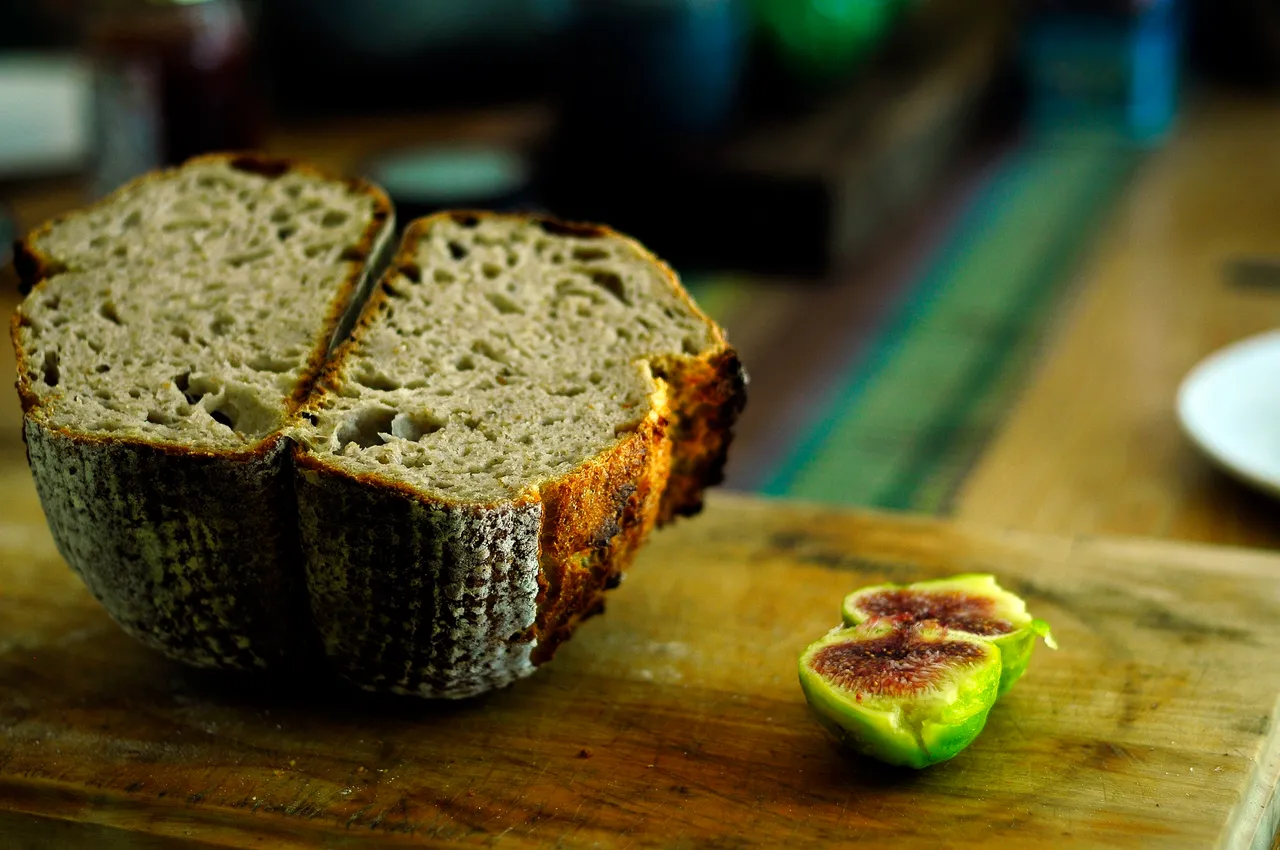
Subjective Ontological Expansion: Putting the Three Concepts Together
So, now I want to put these three ideas together. Subjective Ontological Expansion refers to the subject’s expansion of ontological categories. That is, the subject broadens and opens his/her world by incorporating new categories. In doing so, it is as if their world becomes bigger. Simply put, they expand their understanding of the world in such a way as to expand their actual subjective experience of the world. This is still a rather complex way of stating it. I want to use some examples now to clarify this idea or concept.
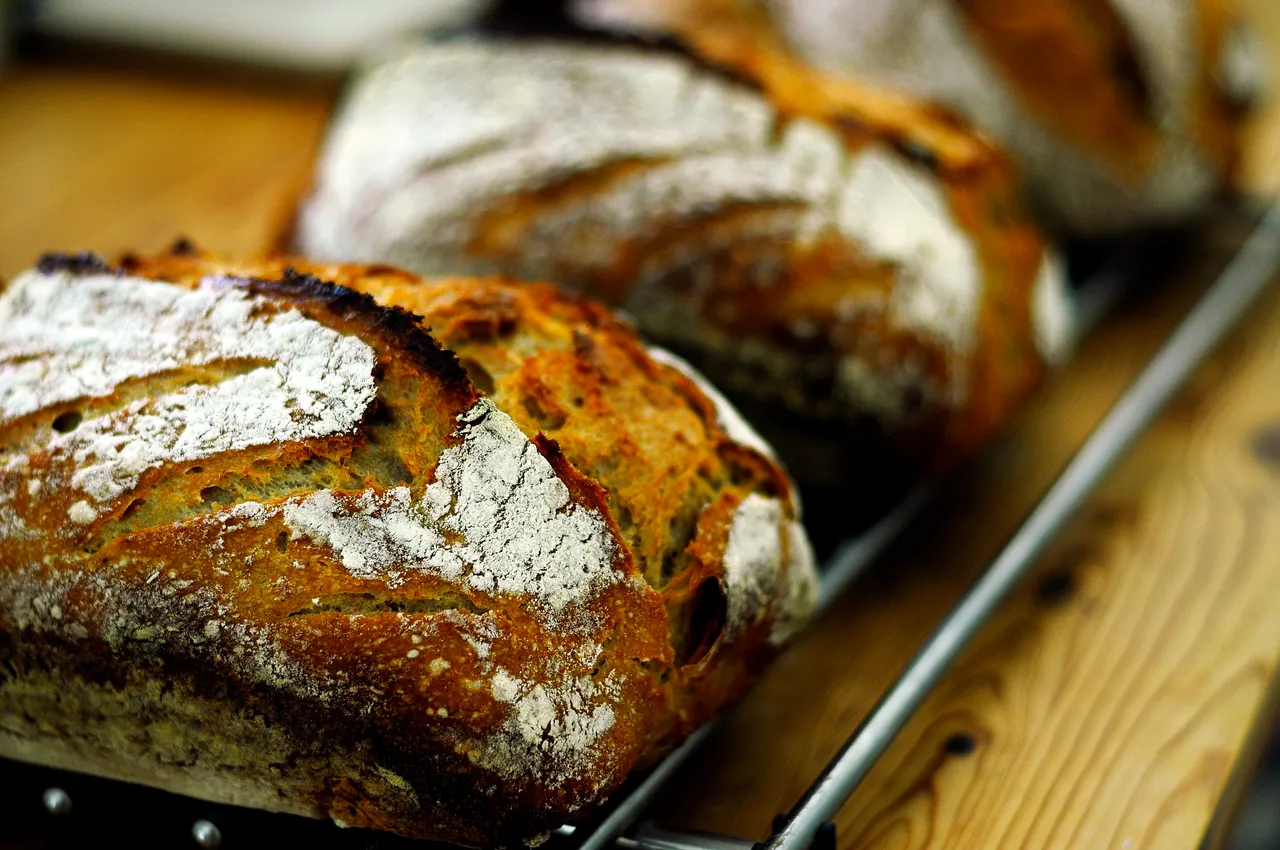
Examples of Expanding the Subjective Experience of the World
To my mind, there are two prime examples of how this concept functions: relating to (i) taste and smell, and (ii) to sight and understanding.
(i) Taste and Smell
Think about a wine sommelier. Studying countless different smells, he/she would be able to identify the most subtle hint of smells and tastes in a particular wine and they might identify the cultivar, the year of production and a myriad of other things. This takes years of practicing and studying wine and smells. It also relates to memories, as different smells and tastes take one back to certain parts of one’s past.
Now take the average person from the street who might drink wine occasionally and can differentiate between red and white wine. Ask this person to differentiate between the smells and tastes of that wine, and you will be met with a strange look.
If I use my concept of subjective ontological expansion, one might say that the wine sommelier’s world is to some degree “bigger” than the average person’s. Yes, the wine sommelier has more knowledge, but this knowledge actively expands their world. There is not simply a difference between red and white wine, there is also not simply a difference between different red wines, there is also not simply a difference between two different wine farm’s Merlots, but there is the difference between different growing conditions of the grapes of the Merlots and how that affects the taste. Simply put, the world of the wine sommelier is bigger than the world of the average wine drinker. That is, there are simply more things in the wine sommelier’s world.
(ii) Sight and Understanding
Take an herbalist or a forager. They can distinguish between plants that might be edible, medicinal, or poisonous. Furthermore, they can distinguish between individual plant differences, that is, the same plant but different leaf shapes and so on. They can also use their knowledge to determine what family plants different plants belong to and infer if a plant might be edible or not. Their sight and understanding of plants help them categorize and differentiate.
Again, take the average person from the street who occasionally likes to eat salad or something herb like. Ask them to differentiate between different plant leaves and they will look at you with disgust. Ask them to differentiate between edible plants that grow in the wild, and they will understand even less.
As with the previous example, the world of the herbalist or forager is bigger than the average person’s due to the subjective ontological expansion of his/her knowledge in the world. This is not to ridicule the average person, after all the average person is only average due to the comparison with the person with expertise and not because they actively lack anything. But the world of the forager or herbalist is bigger than the average person’s world. The average person can distinguish between iceberg lettuce and romaine lettuce and maybe salad rocket from wild rocket, but the herbalist’s world consists out of hundreds more distinctions that the average person does not have.
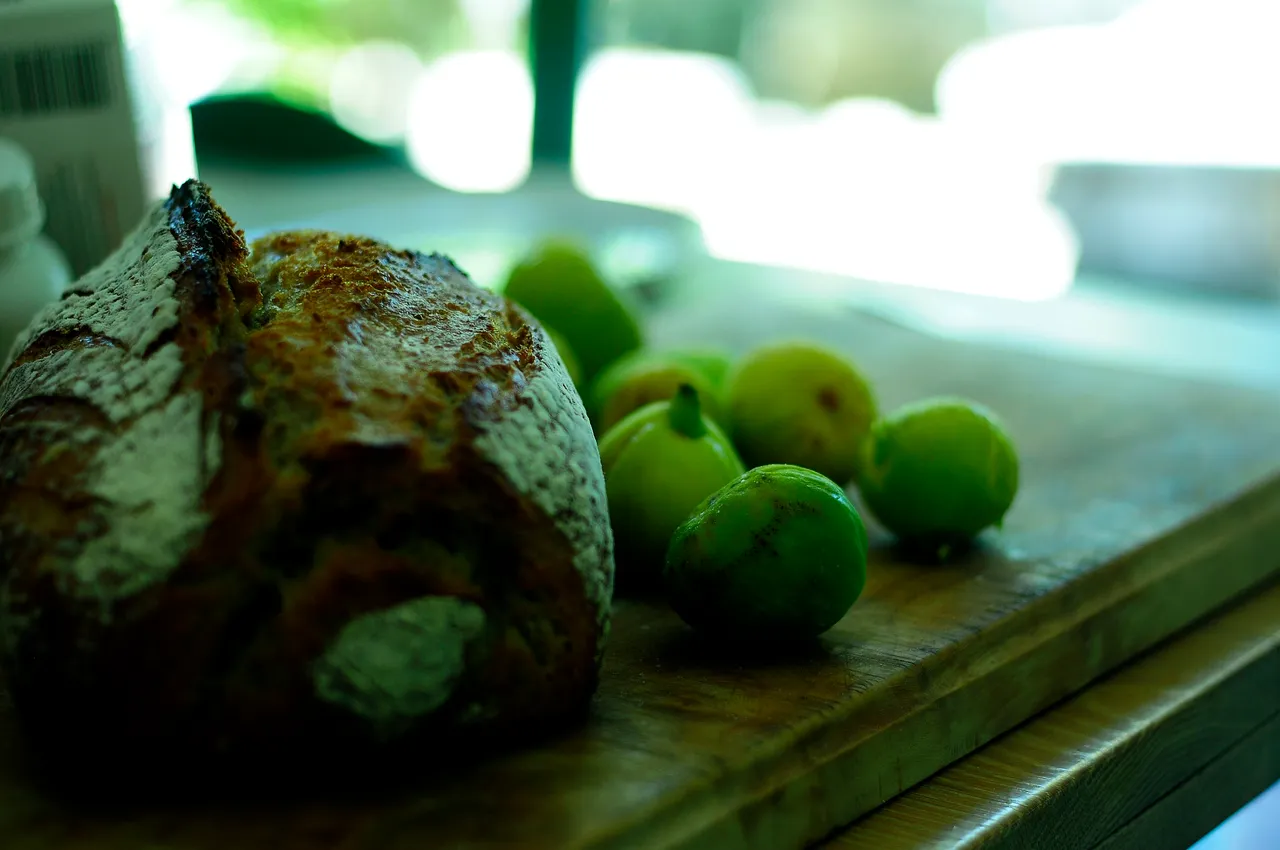
Fermentation and Subjective Ontological Expansion
What does this have to do with fermentation?
I relate fermentation with philosophy. I have posted many different posts in this regard. Basically, when you “ferment” on something, you change it into something else, you can make it better and more nutritious and so on. Philosophy, being like this, acts like fermentation of your mind. I wrote in some previous posts about the act of fermenting your mind with philosophy. So, now I want to introduce Subjective Ontological Expansion in relation to Fermentation in the following way:
I leave this relatively vague for now. Philosophy can mean many things. Western philosophy taught in the academy is only a minute speckle in the sky full of stars of what philosophy has to offer. By writing more about what philosophy is in this closing paragraph, I will neglect so much. So, I opt to write vaguely. In following essays on this idea, I will build on this more and more, and lay a strong foundation. For now, the vague plan akin to an architectural drawing needs to suffice.
What does this concept or idea have to do with your life? Simple: I think we all can broaden our lives considerably. Take the wine example again. By opening your mind to new wines, and not simply the ones you are used to drinking (if you are a wine drinker) will begin to open and expand your world. It can be as simple as that. It can be as complex as studying philosophy to understand human understanding but it does not have to be that complex.
Post Scriptum
I have been toying around with this idea for a couple of years now. It deserves more attention. If you like this idea, please comment down below your thoughts! I would love to read them. This is a working idea, and if you know of a similar concept but with a different name, please let me know as well. If you have read the whole essay, thank you so much! I really appreciate the effort. All of these ideas are my own, maybe I drank too much wine, and therefore I need to credit the wine. The photographs were taken with my Nikon D300 and old 50mm lens. Until next time.